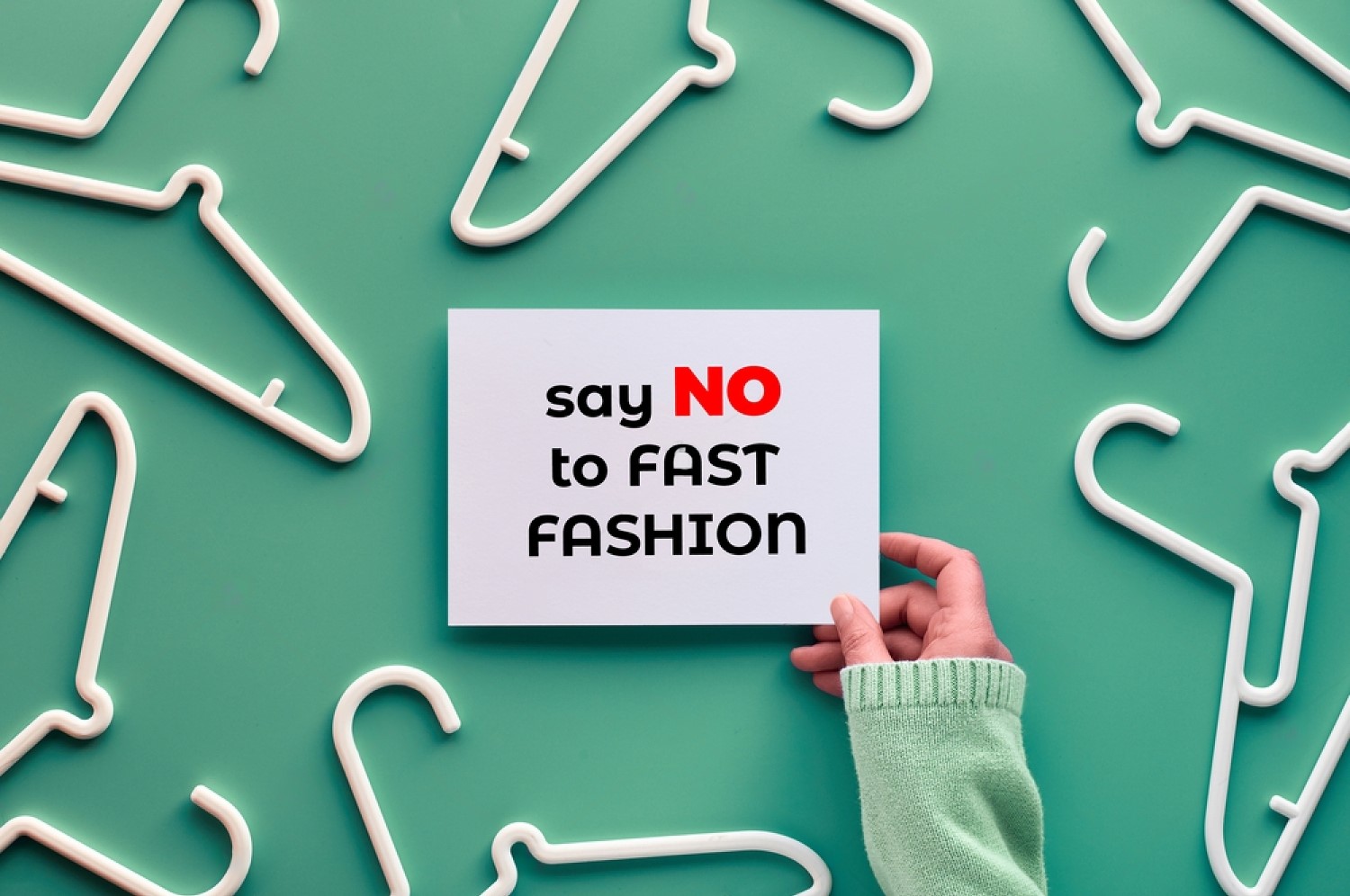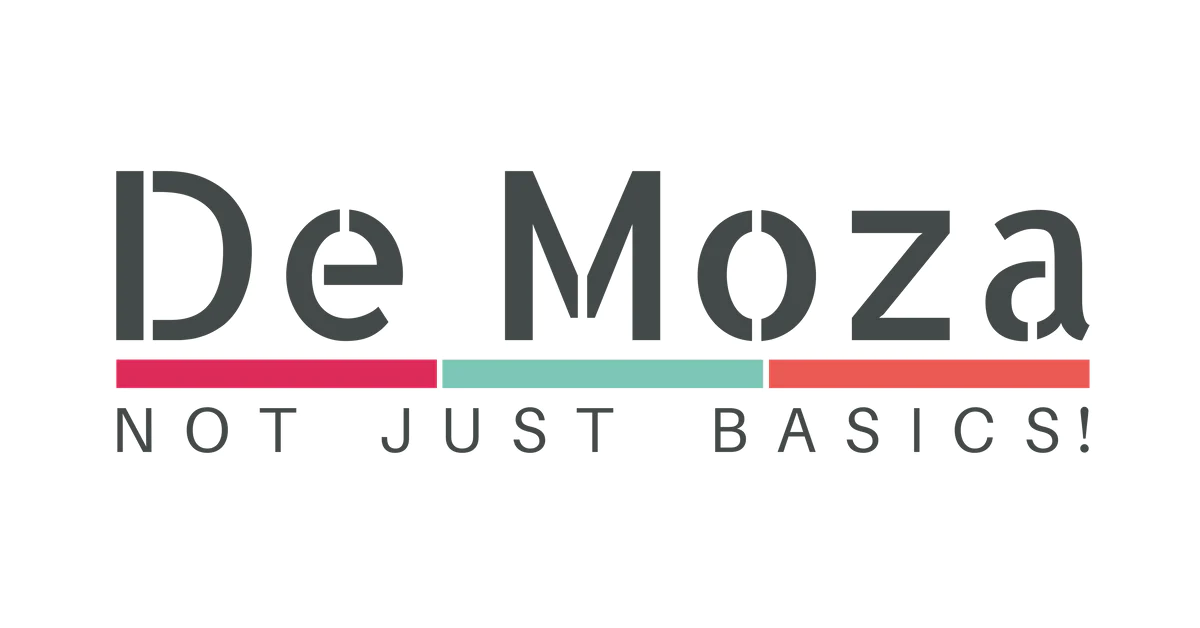FASHION FASHION RETAIL INVENTORY PLANNING RETAIL TECH RETAIL PLANNING NATIONAL
INDIA
By IFAB MEDIA - NEWS BUREAU - June 1, 2023 | 876 6 minutes read
Inventory management is a crucial part of every fashion brand's operations. When done effectively, it can help brands save money, reduce waste, and improve customer satisfaction. However, poor inventory management can result in lost sales, unhappy customers, and ultimately, the demise of a brand.
A well-managed inventory ensures that products are available to meet customer demands while minimizing costs and maximizing profits. However, when mishandled, inventory can turn into a ticking time bomb, posing significant threats to a fashion brand’s survival. In this blog, we will explore how inventory mismanagement can have deadly consequences for fashion brands, supported by real-life examples that serve as cautionary tales.
Overstocked Graveyards:
One of the most common inventory pitfalls is overstocking, where a fashion brand produces or purchases more products than the market demand. These excess products often end up in the clearance section, causing a significant strain on the brand’s profitability. In 2017, fashion retailer Michael Kors admitted to having an inventory problem due to overstocked handbags. This led to massive markdowns and eroded the brand’s image of exclusivity and premium quality.

The consequences:
Reduced profit margins: Heavy discounts on overstocked items eat into a brand’s profitability. Brand dilution: Frequent clearance sales can undermine the brand’s perceived value & prestige. Cash flow constraints: Money tied up in excess inventory restricts the brand’s ability to invest in new collections or growth opportunities.
Fast Fashion Failures:
Fast fashion brands operate on a model of quick turnover and frequent releases. However, rapid production cycles and excessive inventory can be a recipe for disaster. In 2013, the Rana Plaza building collapse in Bangladesh exposed the deadly consequences of fast fashion’s insatiable appetite for inventory. Several well-known brands were implicated in the tragedy, raising awareness about the exploitative working conditions and inadequate safety measures prevalent in the industry.

The consequences:
Reputation damage: Involvement in ethical controversies can tarnish a brand’s reputation irreparably. Legal and regulatory issues: Brands may face legal repercussions for failing to comply with labour and safety standards. Consumer backlash: Ethically conscious consumers may boycott brands associated with exploitative practices, impacting sales and revenue.
Fashion Faux Pas- Seasonal Misjudgment:
Fashion trends are notoriously fickle, and accurately predicting consumer preferences is a challenging task. Misjudging the demand for certain styles or colours can leave fashion brands burdened with excess inventory. In 2020, the COVID-19 pandemic led to a sudden shift in consumer behaviour, with people prioritizing comfort over fashion. As a result, many brands were left with unsold inventory of formal wear, high heels, and other items deemed impractical during lockdowns.
The consequences:
Financial losses: Unsold inventory ties up capital and reduces cash flow, leading to financial strain. Wasted resources: Producing and storing excess inventory consumes valuable resources like materials, energy, and warehouse space. Environmental impact: Discarding or liquidating excess inventory contributes to waste and pollution, exacerbating the fashion industry’s ecological footprint.

Conclusion:
Inventory mismanagement can prove to be a deadly pitfall for fashion brands. From overstocked graveyards to fast fashion tragedies and seasonal misjudgment, the consequences can range from financial setbacks to reputational damage and even legal issues. Fashion brands must adopt efficient inventory management practices, including demand forecasting, just-in-time production, and sustainable supply chain strategies, to mitigate the risks associated with inventory.
By learning from the mistakes of past examples, fashion brands can navigate the challenges of inventory management and ensure the sustainable growth and success of their businesses in an ever-evolving industry.
When the data to manage becomes large it is difficult for brands to analyze to get the right prediction. With advanced retail analytics and planning tools available brands can leverage the use of Ml and AI technologies to avoid overstocking and have the just right inventory for their business to make it more profitable and sustainable.
 |
Agnesraja George, Founder - De Moza and REOR a Retail Planning Automation Fashion Profession with over 22 years of market experience in Indian Apparel and Accessories Retail. Having worked with the big players in India had helped me gain the knowledge. He is the Founder of the women’s fashion brand De Moza extablished in 2016. Specialties: Product Strategies, Planning, Buying, Merchandise, Pricing and Promotion, Data Analytics, Retail Store & Supply Chain Management. Process re-engineering and consulting.
|
De Moza De Moza is a brand that has made its mark in the women's fashion industry. It is well-known for its high-quality and stylish leggings, which have become a staple for many women. The brand has a mission to make women feel confident, comfortable, and stylish in their everyday wear, and it has successfully achieved this goal. The brand offers a wide range of leggings that are made from high-quality materials and are designed to fit perfectly. The leggings are available in a variety of colors and patterns to suit every style preference. Whether you prefer solid colors, bold prints, or a combination of both, De Moza has something for everyone. In addition to leggings, the brand also offers a range of other women's clothing items, including tops, sports bras, and accessories. The brand's products are designed to be versatile and can be worn to the gym, to work, or even to a night out with friends. The brand has a focus on comfort, and all its products are made with this in mind. The materials used are soft, breathable, and stretchy, making them ideal for all-day wear. The brand has a strong online presence and its products are easily accessible through its official website, www.demozastores.com.










